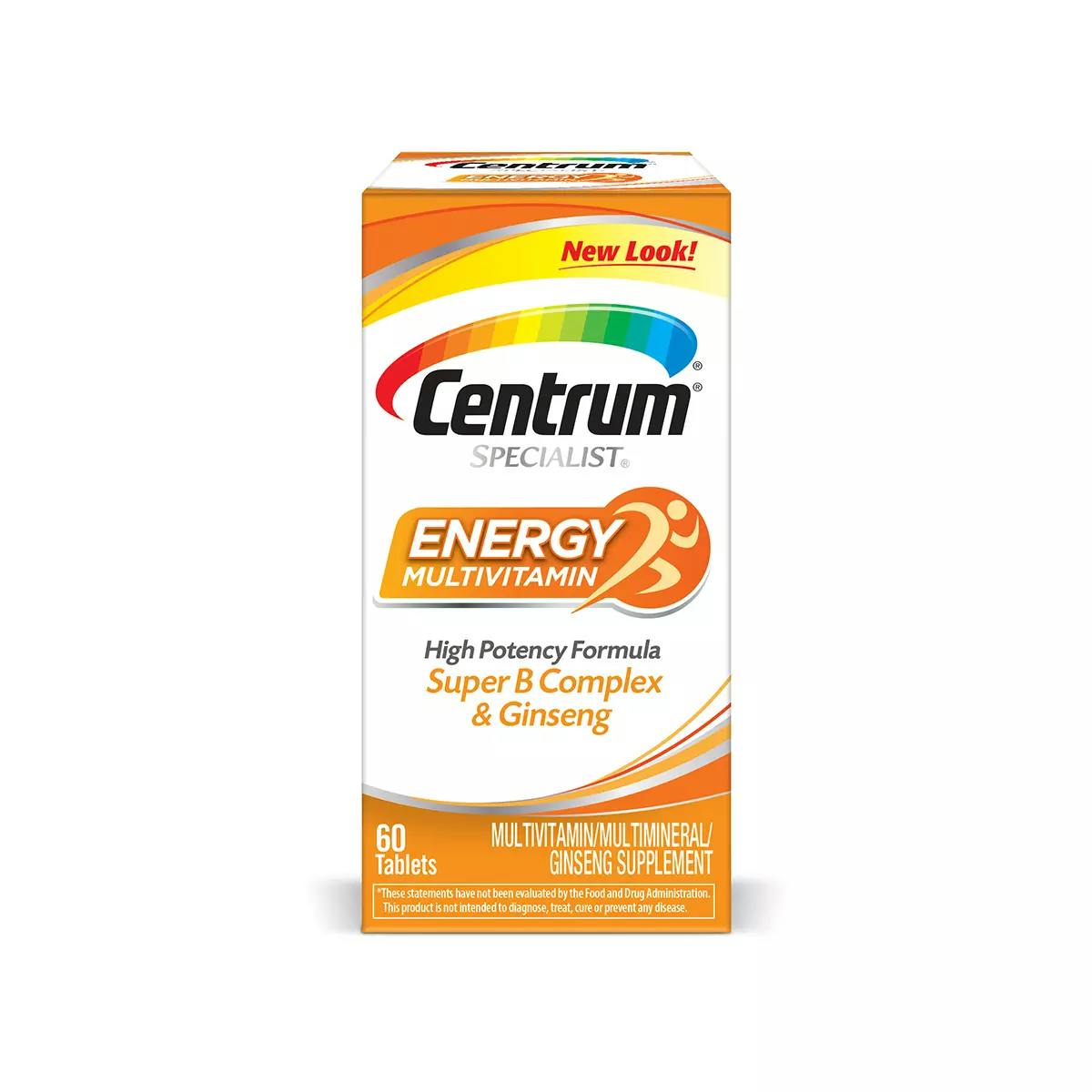How Supplements and Multivitamins Work Together

We all know we should get all the vitamins and minerals we need from a balanced, healthful diet. However, there are many reasons why we don’t always get enough from food. In that case, a multivitamin might be the best way to get the necessary nutrients. Supplements can help provide the vitamins and minerals our bodies may need—it's right there in the name, "supplement."
Multivitamins typically provide several vitamins and minerals at once, so that you can get what you need in one pill instead of having to take several. It's best to ask your healthcare provider what vitamins and minerals you may need, but we have some tips on which vitamins work well together.
Which Vitamins Work Best When Taken Together?
Vitamins are organic substances that our bodies require to support important functions, but which cannot be made by the body—they must be supplied externally (with the exception of Vitamin D). Minerals are inorganic substances that similarly support our bodies but cannot be produced by our bodies. Both are typically provided in adequate amounts by a balanced diet.1
Sometimes your body needs a particular vitamin or mineral in order to properly absorb or utilize another. Here are a few vitamins and minerals that work in tandem in your body.
- Vitamin B12 and Folate: For the body to absorb, store, and metabolize folate (B9), vitamin B12 must be present. Both are necessary for cell division and replication. While vitamin B12 can be found in animal products (like meat, eggs, or milk), folate is found in leafy greens and legumes. Strict vegans might have a difficult time getting enough vitamin B12 to process the folate they're consuming, and sometimes older people lose the ability to break down vitamin B12 from the foods they eat. Those are just some examples of why you might look for supplements with both Vitamin B12 and folate.2 If you take folic acid supplements be aware that high levels of folate in the body can mask the symptoms of a vitamin B12 deficiency.2
- Vitamin D and Calcium: Vitamin D is essential to your body's ability to absorb other nutrients, calcium included. In fact, some experts are considering lowering the daily recommended amount of calcium in favor of increasing the amount of recommended vitamin D, the logic being that you need to take in less calcium if you absorb it efficiently. Evidence suggests vitamin D supports immune health as well as bone health, so both are wise choices in a multivitamin.2
Should you take a multivitamin?
A multivitamin can be an easy way to ensure that you're getting the daily value of necessary vitamins and minerals. Your healthcare provider will be able to advise you on whether a multivitamin or other type of supplement is a good choice for you.











